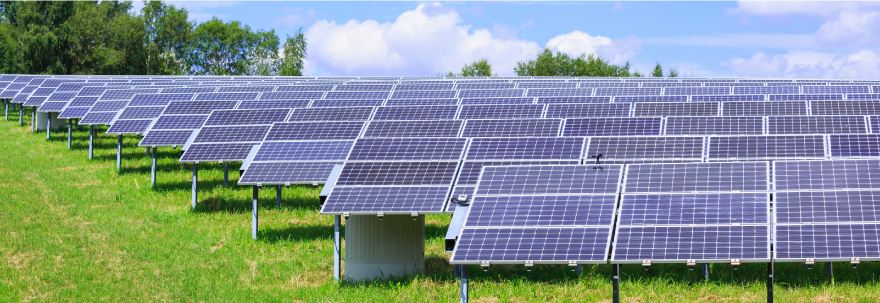The Bulawayo City Council (BCC) has implored residents to reconsider its ambitious proposal to turn some of the city cemeteries into solar farms as part of its multi-use of land policy.
The proposal was first mooted in April but residents rejected it saying it was against their traditional beliefs.
A solar farm is an installation or area of land in which a large number of solar panels are set up in order to generate electricity.
Presenting on the state of city cemeteries at a City master plan review meeting held on Tuesday, deputy director in the Engineering services department Engineer said the proposal will be beneficial to the city.
“Council in April 3 2019 resolved that the proposal to locate solar farms in cemeteries be approved and Bulawayo community to be engaged on the programme hence we are here. We need to think more to say how can we use land in a multiple way,” said Eng. Siziba.
“The solar panels will be located at a height which allows free movement of people underneath without interfering with the panels.
“The general public will have unlimited access to the cemeteries, the relatives of the deceased who are buried in the cemeteries will still be able to put tombstones on the graves of their beloved ones and also partake on unveiling ceremonies, so you will be still able to that.”
Engineer Siziba said there are other countries who have successfully implemented the multi use of land so well that some churches are built on the same yard with graves.
“By the 16th century villagers were buried in permanent graves as churches were developed along with their attached burial orders, the dead were increasingly buried in or adjacent to churches, so that is the quotation where we got that other countries built churches in the old cemeteries, so that is the multi-use of land.
“Cemeteries are also located in the church yard for example in the United Kingdom, a cemetery within a church, they tried to use multi use of land as there are graves and people worshiping there,” he said.
He added that there is need for people to think outside the box and find ways on how best they can use land as it is a finite resource.
“The principle is that once you bury someone, we have to not disturb that area for other things, we cannot do that, but what can we do we need to put solar farm panels on top to provide shades for those who are dead,” he said.
Engineer Siziba said the local authority is losing money as they are still employing people to maintain the cemeteries.
“At the moment council hires labour to work at these graves, at Number 6 they are working there and we are still funding them, we also have to buy herbicides to control growth of shrubs there, so we are still spending a lot of money instead of also using the space to generate life.
“This is using space above the graves without disturbing the peace of the dead. We are looking for investors who have worked in the grave yards and solar panels to provide shelter for the dead,” he said.

